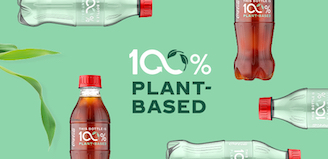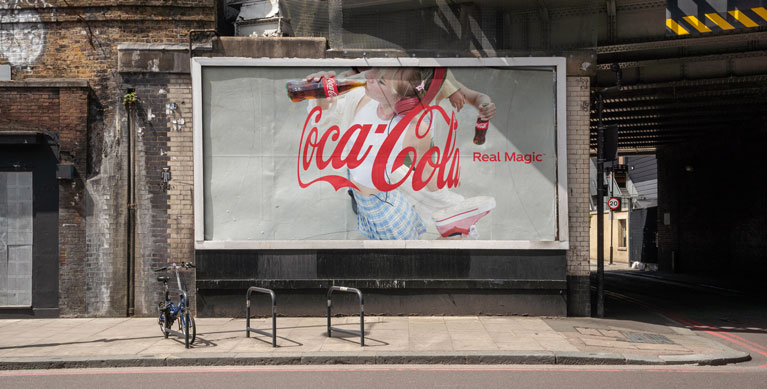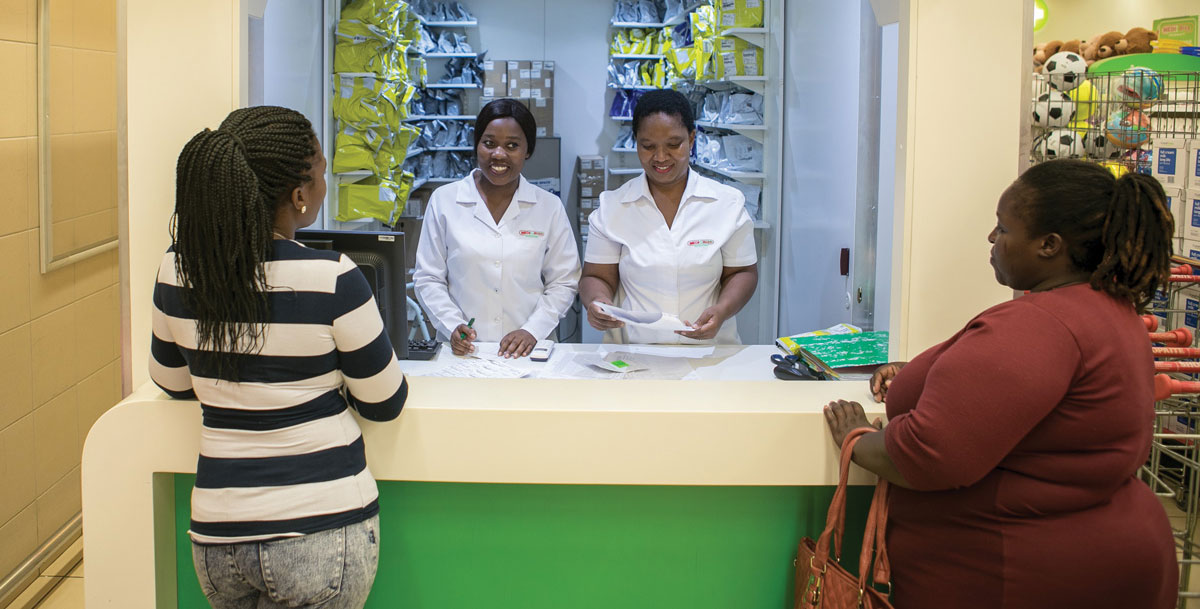
How Coca‑Cola is Driving its Social and Environmental Priorities – and the UN Sustainable Development Goals – During the COVID-19 Pandemic
09-25-2020
The Coca‑Cola Company continues to invest in its core sustainability priorities – which align with the United Nations Sustainable Development Goals (SDGs) – amid the COVID-19 pandemic, Chairman and CEO James Quincey said in a panel discussion held around the virtual opening of the UN General Assembly.
In 1945, 46 nations gathered to sign the United Nations charter to help rebuild after the devastation of World War II. Seventy-five years later, the world still needs a truly global forum where government, business and civil society can come together to jointly confront our biggest challenges, including climate change, resource scarcity, gender equality and social justice.
Quincey spoke about steps the company is taking to promote racial equality and to address systemic racism in the United States, including pledging to spend an incremental $500 million with Black-owned businesses over the next five years, on top of its previously stated goal to spend $1 billion with diverse suppliers by 2020.
"Our pledge as a company is that we will do our part to listen, learn and act. We are committed to making a difference in our communities and within our company by mobilizing our history of advancing civil rights.” Quincey said.
The Coca‑Cola Company evaluates the 17 SDGs and focuses its actions on where it can make the biggest impact in collaboration with partners. Its “North Star,” Quincey said, is to emerge from the crisis stronger in terms of business fundamentals, sustainability results and stakeholder engagement.
During the pandemic, the company has continued to move the needle against several key priorities, including water leadership through partnerships that have provided more than 10.6 million people with access to clean water since 2010.
Earlier this week, Coca‑Cola joined the UN Global Compact Water Resilience Coalition in partnership with WaterAid to propel access to clean water to the top of the corporate agenda, post-COVID. The company also joined Business for Nature’s Call to Action to urge governments to take urgent steps to protect the world’s natural resources.
Coca‑Cola continues to drive its World Without Waste vision to collect a bottle or can for every one it sells globally – along with ensuring packaging is fully recyclable and using more recycled content. While the coronavirus has impacted recycling collection rates – and low oil prices have made virgin plastic cheaper than recycled plastic – Coca‑Cola has worked with suppliers and partners to drive availability of recycled plastic.
“For example, in March, Coca‑Cola Beverages Philippines signed an agreement with our Thai-based partner Indorama to establish PETValue, the largest bottle-to-bottle recycling facility in the country, able to process almost 2 billion plastic bottles per year. Our partners like Indorama are investing alongside us to build the circular economy, even during a pandemic.”
Quincey also noted that the company was an inaugural investor in Circulate Capital, an investment firm dedicated to financing companies, infrastructure and innovation that prevent the flow of plastic waste into the world’s oceans. The fund has raised more $100 million to date and, in April, announced its first two investments: a company in India that turns difficult-to-manage flexible plastics into high-quality recycled plastic granules, and a female-led company in Indonesia specializing in recycling PET bottles into rPET flakes, which are used to manufacture other packaging and textiles.



